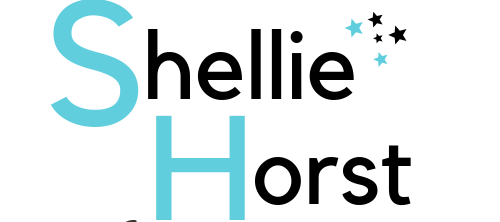Writers are used to rejection. (Here’s a collection of woe-is-me turned wow stories. There’s this, or even this one are all relevant to the great wheel of rejection) Where ever a writer might be on the career scale, best seller or new to the market there is still rejection. It comes with the job. The story might be brilliant but just doesn’t fit an editor’s requirement; the novel might require more attention to point of view, or it’s on the wrong slush pile.
It’s a gated flow system, which often loops on itself. (It’s something they don’t tell you in workshops or courses.) Getting to acceptance generally involves: Gate one: Drafts. Gate two: Edits. Gate three: Does it fit? Gate four: Will it sell? Gates five onward once you get the contract. Yes, there are more beyond signing with a publisher or agent. For every gate you get past you realise your work is improving, but in balance the drop is harder. As more join the chorus of support for your work you allow yourself to believe a little more – even as you know there still might be a ‘no’ in the system.
For the past year I’ve had such a project. It’s been fun working in a world which eventually stumbled over something beyond my control. I’ve grown as a writer because of it, and it’s the main reason why my blog has been so quiet.
Whenever a rejection comes it raises demons: self-doubt, anger, frustration. Every writer has answers for these dem oralising monsters. So close, yet so far. My demons have been busy this last month going above expectation with unhelpful advice and distractions. It takes a while for the doubt to die. But it does. Answers come if you know that you have done the work. It allows you to understand that some rejections are outside of your influence. Knowing that there are other authors out there who have mourned their own losses makes you realise it is not the end.
oralising monsters. So close, yet so far. My demons have been busy this last month going above expectation with unhelpful advice and distractions. It takes a while for the doubt to die. But it does. Answers come if you know that you have done the work. It allows you to understand that some rejections are outside of your influence. Knowing that there are other authors out there who have mourned their own losses makes you realise it is not the end.
It’s not wasted; no work is ever wasted. No matter how good the work and how many promises are made. Sometimes the answer is still no. My demons have become tolerated strays, and I know what to feed them to get them to shut the hell up.
These types of setbacks are part of the learning curve, yet they really do blindside you. Get used to it. Life’s not fair. Opportunity doesn’t knock in publishing. Sometimes you have to kick its door down, figuratively of course.

“Sometimes the answer is still no.”
Too often personal tastes play a part. I’m heartened by stories such as Pierce Brown, who was rejected by around 150 agents before he became signed – and then a bestseller. 🙂
Yes, personal taste does play a part, and the process of selection is not as objective as one would wish. Once I had a short story rejected by two different editors for completely opposite reasons — not enough/too much of a certain story element! I decided that story element must fall somewhere between those two opinions, and therefore be just right.